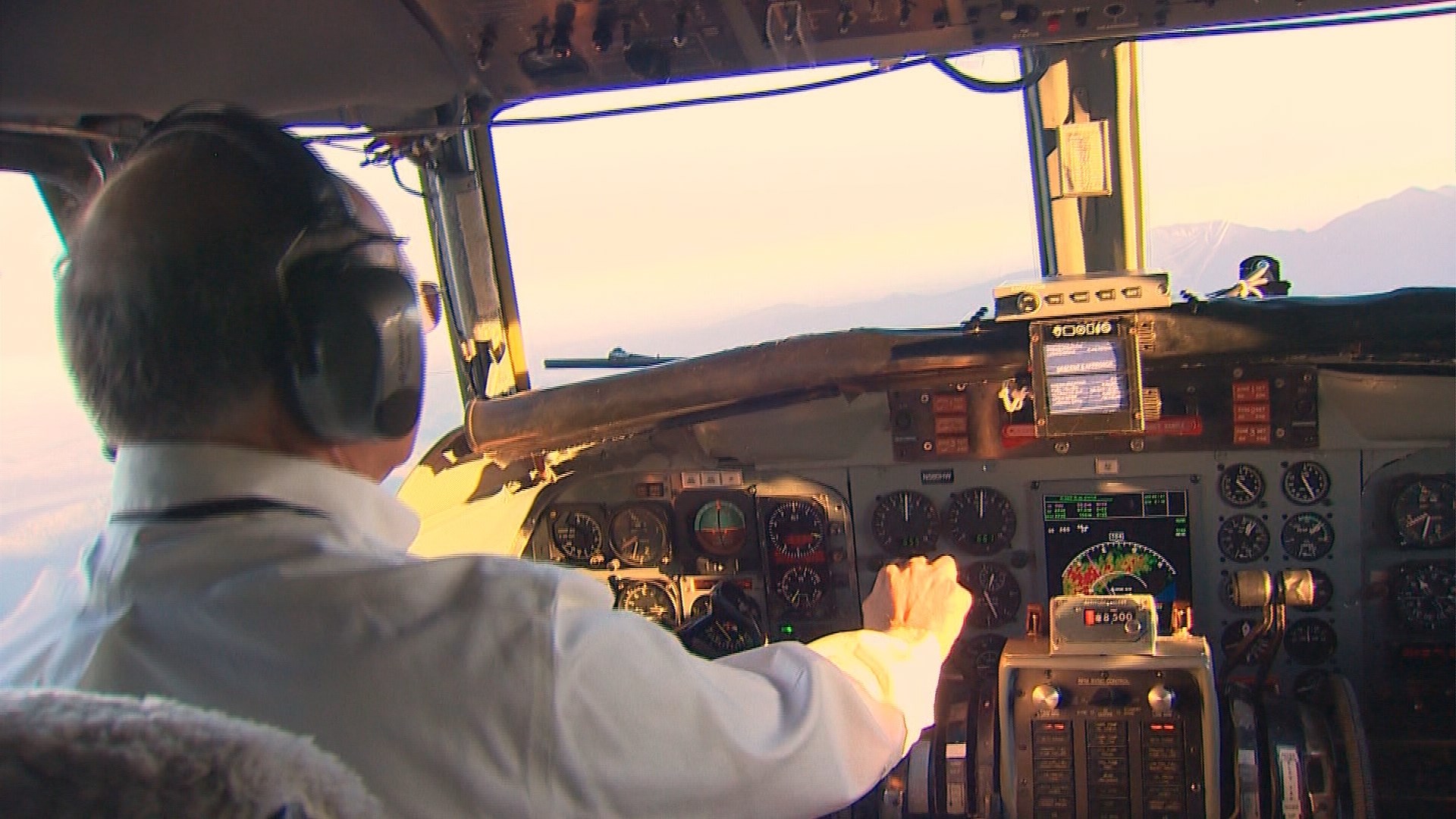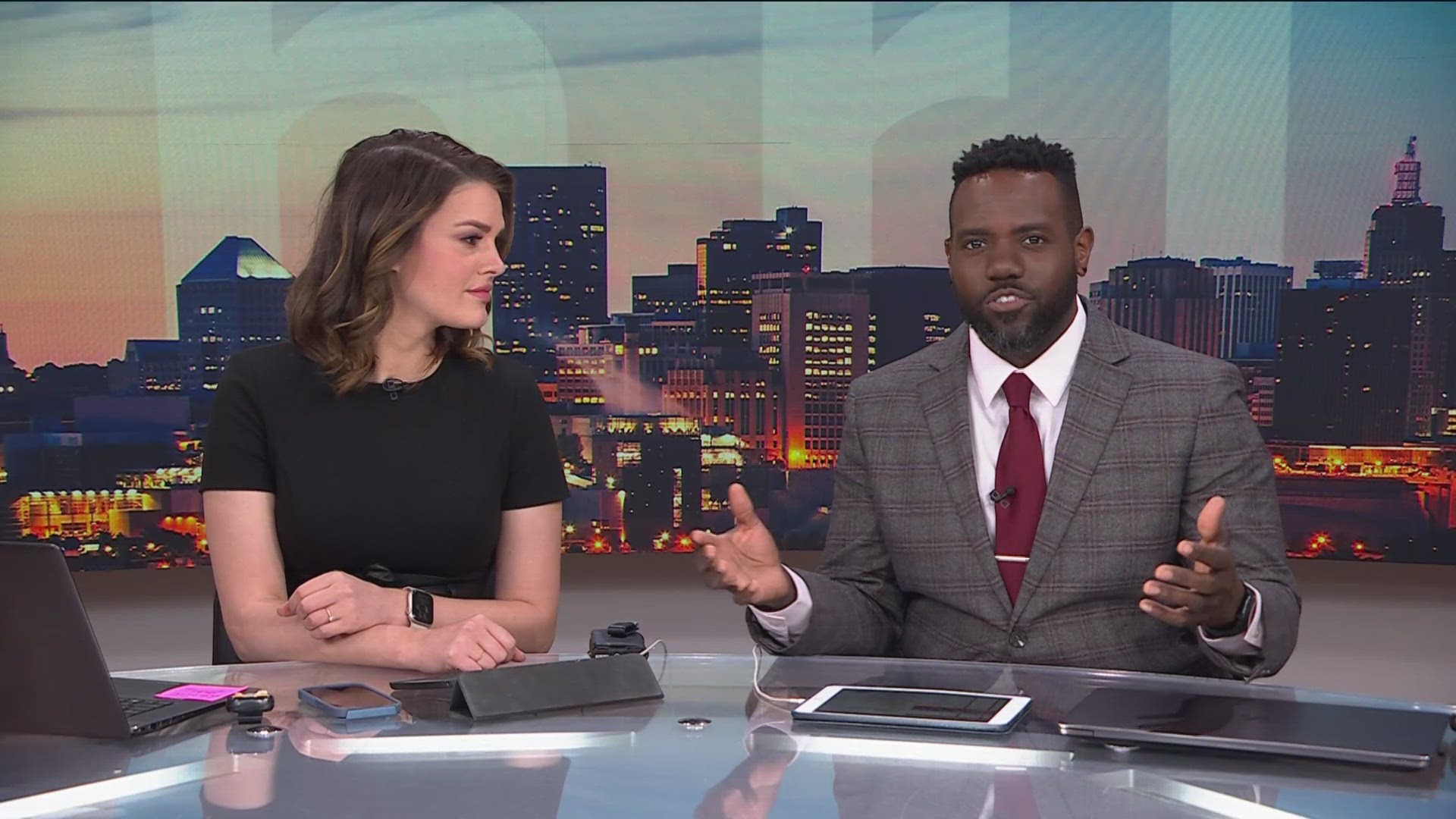Can an airplane's computer learn, and then apply that knowledge in a difficult weather landing? Can human pilots have robots as co-pilots to lighten the work load? Could the airliners of the future become pilotless all together?
Boeing took a step closer Thursday to figuring out those answers as it announced it will acquire Aurora Flight Sciences.
Aurora Flight Sciences was founded in 1989 and is involved with large unmanned aerial vehicles (drones) as well as experimenting in using robot arms to control flight controls aboard a 737 simulator.
In a joint announcement this morning, Aurora's founder and chief executive officer John Langford said the company will become an integral part of Boeing, and help the aerospace giant with experience in long-endurance aircraft, robotic co-pilots and autonomous electric vertical take off and landing vehicles.
The purchase is not surprising, as Boeing is already working in this area. In 2013, it retrofitted an F-16 and flew it without a pilot.
Robotic drones, which are controlled by pilots on the ground, have been around for years, especially for the military. The question now is can these suites if technologies upscaled to an airliner carry passengers?
"What we're saying, is that we're exploring the building blocks to understand," Mike Sinnett, Boeing's vice president for product development, said in June. "First: is it technically feasible? Second: Is it responsible? And third: is it something we need to do as an imperative?"
The merger is contingent on regulatory approval.
Terms of the acquisition were not disclosed.


